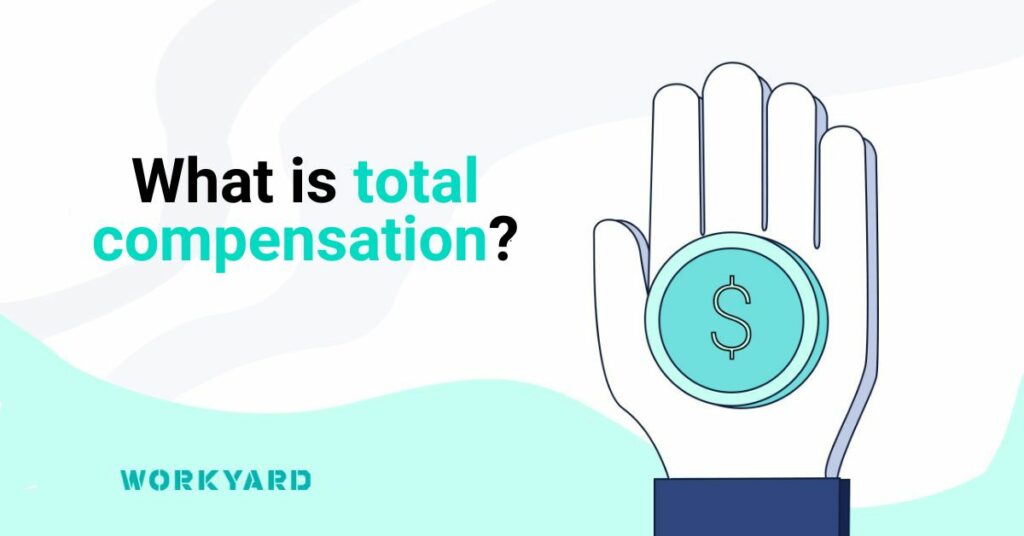Baby Boomers and GenXers, the two most seasoned generations of independent professionals, comprise nearly half of the talent pool (26% and 23% respectively). Unfortunately, many enterprises don’t effectively tap that talent demographic, often because of myths that persist about “older workers.” In addition to gaining access to a wider range of skills and expertise, creating age-diverse teams by including seasoned independent talent can make a big difference to performance.
Generally, each generation of independent professionals has its own perspective on career and work:
- Baby Boomers have tended to be workaholics throughout their careers, though now that they are at or beyond traditional retirement age, many have reevaluated that characteristic. They are competitive, independent, and deeply invested in the skills of their professions.
- Generation X is characterized by self-management, pragmatism, and cynicism. Many members of this generation place value on skills that can transfer to a new job or career if a sudden change occurs.
- Millennials grew up with computers and became internet-savvy at an early age. They are all in on diversity and inclusion and are likely more collaborative than the two preceding generations. Like their younger counterparts, they want to work for companies that go beyond the bottom line to focus on issues that affect everyone.
- Generation Z comprises true digital natives who look for technological sophistication in their jobs. Though they put money and job security at the top of their career list, they also expect the companies they work for to focus on larger issues like sustainability and climate change. Like millennials, they seek diversity in the workplace and define the term even wider than their predecessors.
In terms of the work itself, age-diverse teams have proven highly effective. Proactively including seasoned independent professionals in your talent network can pay big dividends in terms of depth of experience, speed to results, and productivity. Further, the synergies created by age diversity can be leveraged into increased performance. Here are some tips for getting the most value from your age-diverse teams.
Start with an Agreed-Upon Foundation
Like other types of diversity, age diversity can lead to better decision-making, problem-solving, and innovation. It brings a variety of perspectives to the table. The way work is done, how technology is used, communication style, and preferred work environment are part of the foundation of how a team produces results. These tend to differ significantly along the GenZ-to-Boomer spectrum. Through collaboration, a team can push through generational differences to gain clarity and agreement upfront about how they will work together, avoiding misunderstanding or annoyance among members.
Encourage Mutual Mentorships
A mix of experienced and younger talent can help expand skills across the board. Establishing mutual mentorships can significantly contribute to team performance. In addition to their years of on-the-job experience, older independent professionals often have know-how in soft skills like personal interaction and coping successfully with change. Younger talent likely has deeper experience with current technology, a better understanding of work processes in a digital work environment, and a mastery of industry skills that relate to tech-based work environments. The bidirectional learning that occurs in a two-way mentorship can be an exciting learning experience for both as each person gains mastery of new skill sets. The relationships formed through two-way mentorship can contribute significantly to increased team performance.
Put Innovation into Overdrive
Seasoned talent has an abundance of tacit or “head” knowledge, understanding nuances and probable outcomes because of pattern recognition based on past experience. Besides being more immersed in everyday technologies, younger professionals don’t just think outside the box—they don’t see a box at all. The blend of these two perspectives can result in creative thinking that is informed by real-world considerations. The result often spurs actionable and transformational innovation.
Foster Boosted Productivity
Age diversity boosts team productivity as members from all generations share and interact about what they’ve learned from other projects. This “knowledge spillover” helps combine new ideas with past experiences to inspire solutions and avoid problematic mistakes.
Including age as an element in diversity and inclusion can help shift the culture and give companies a competitive advantage. When older and younger team members work together on challenging activities, they combine all their talent and experience to achieve better, and even faster, results.


















